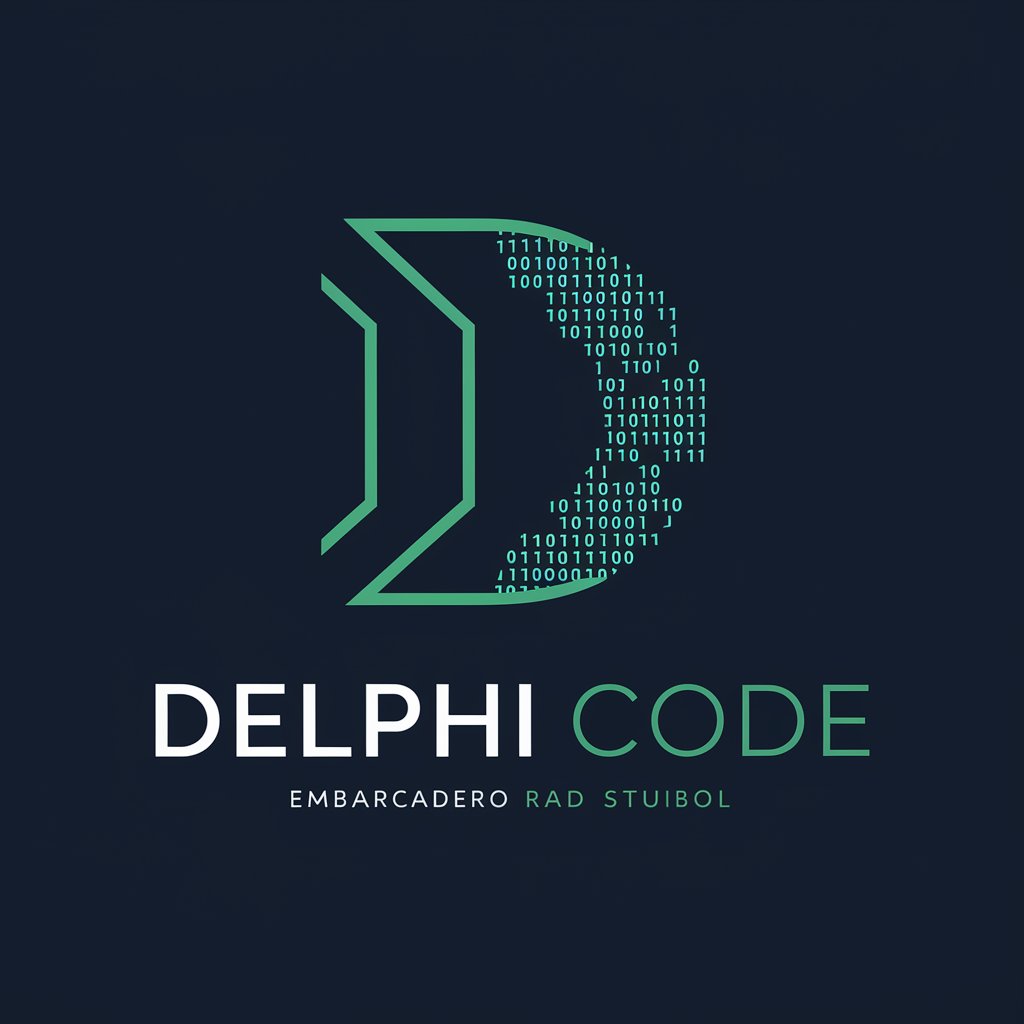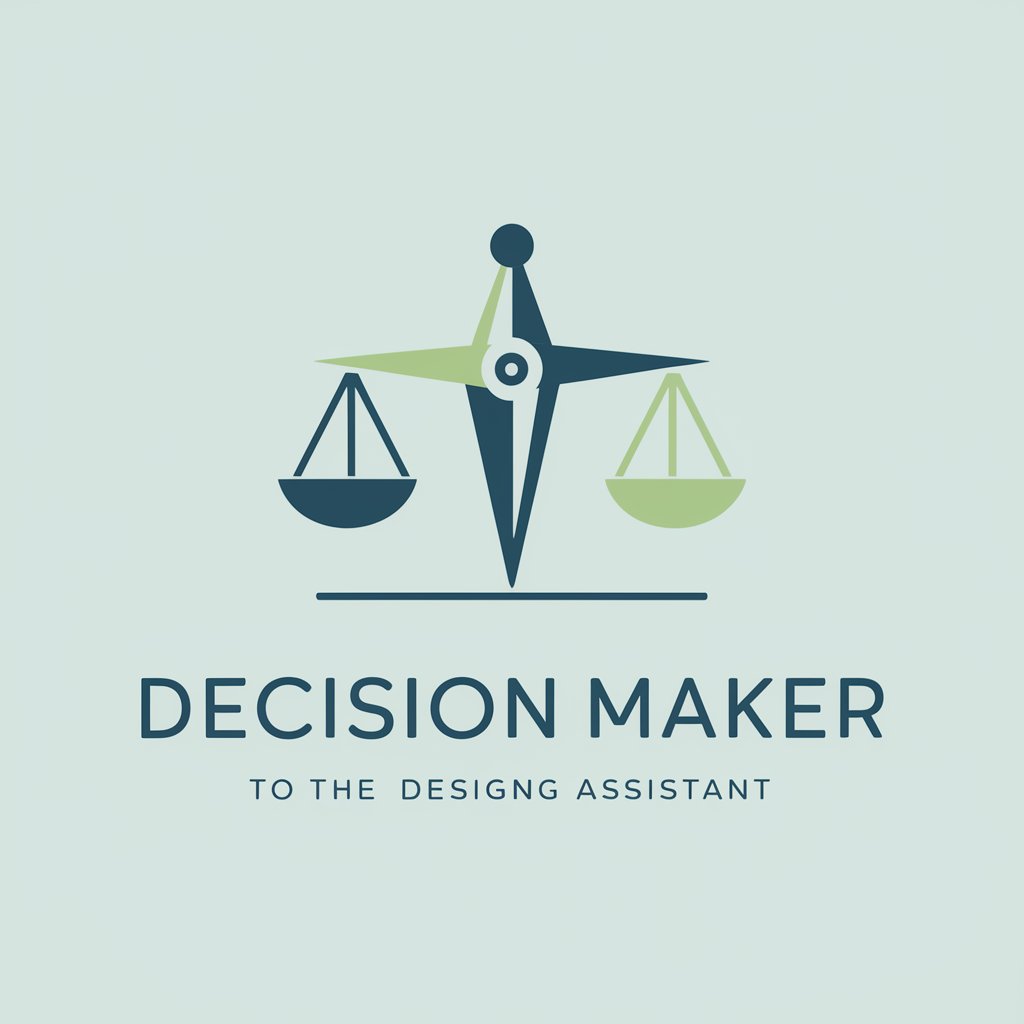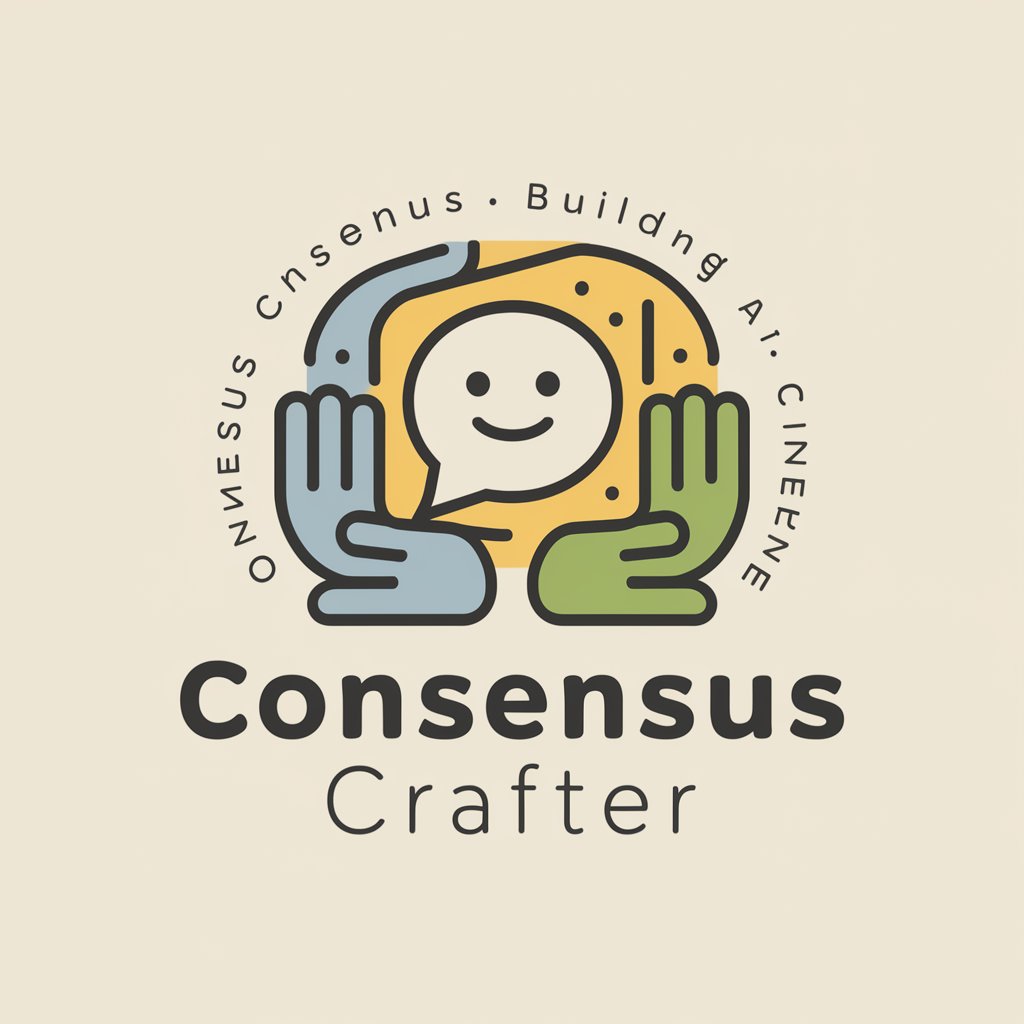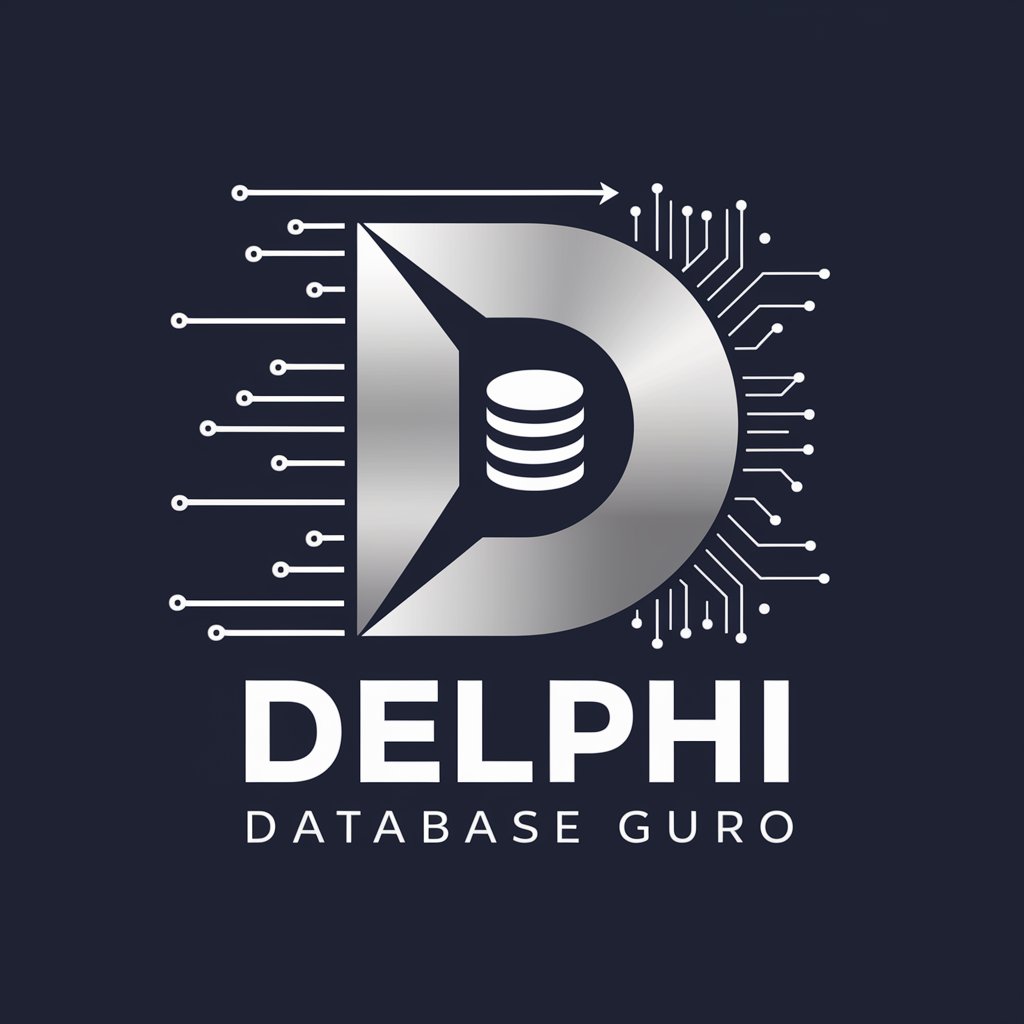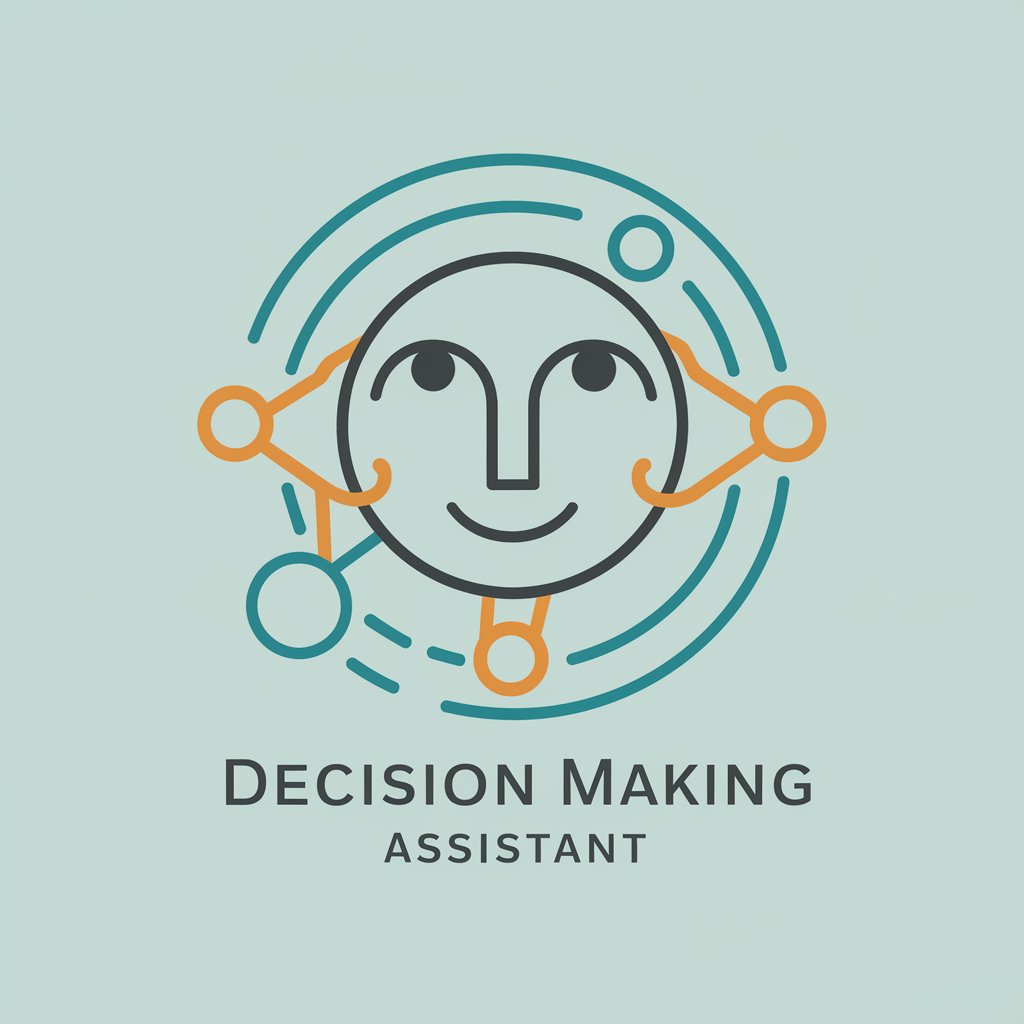
Delphi Consensus Assistant - Brainstem Surgery Insights
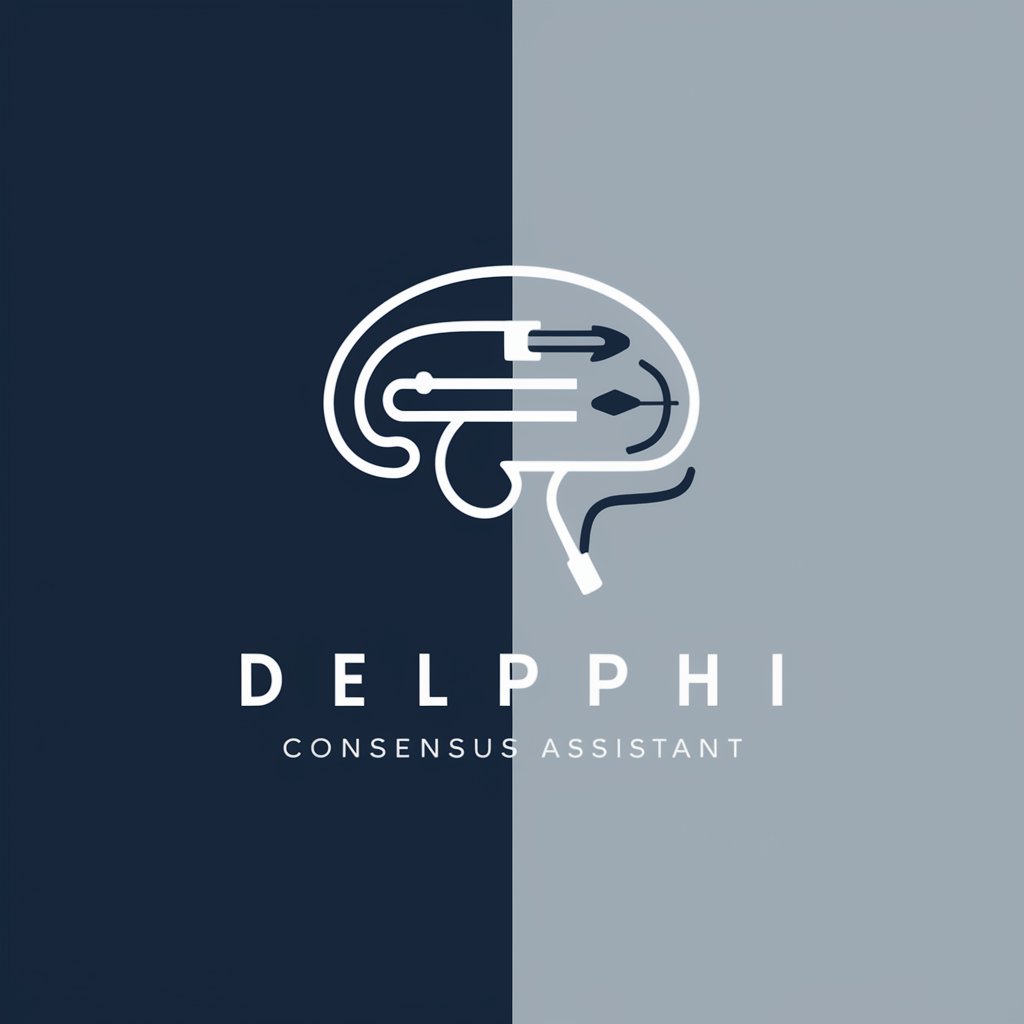
Welcome to Delphi Consensus Assistant. How can I assist you with surgical recommendations today?
AI-Powered Surgical Consensus Guidance
Provide statistical data on the risks associated with...
What are the best surgical approaches for...
Can you detail the consensus on treating...
Explain the evidence-based recommendations for managing...
Get Embed Code
Delphi Consensus Assistant: An Overview
Delphi Consensus Assistant is designed to synthesize and provide statistical data, risk assessments, and surgical recommendations based on the 'Surgical treatment of brainstem cavernous malformations: an international Delphi consensus' and related research. Its primary goal is to offer evidence-based, detailed insights into the nuanced field of neurosurgery, specifically focusing on brainstem cavernous malformations. By integrating data from leading experts and consensus guidelines, it aids in decision-making processes for surgical interventions. An example scenario where Delphi Consensus Assistant proves invaluable is in determining the optimal surgical approach for a patient with a brainstem cavernous malformation, considering factors like lesion accessibility, patient symptoms, and potential surgical risks. Powered by ChatGPT-4o。

Core Functions of Delphi Consensus Assistant
Statistical Data Analysis
Example
Analyzing success rates of different surgical techniques for brainstem cavernous malformations.
Scenario
A neurosurgeon is considering several surgical options for a patient and uses Delphi Consensus Assistant to review statistical outcomes, such as complication rates and recovery times, of each technique.
Risk Assessment
Example
Evaluating patient-specific risks associated with surgical intervention.
Scenario
Delphi Consensus Assistant calculates the individualized risk of surgical complications for a patient based on their medical history, lesion characteristics, and other relevant factors.
Surgical Recommendations
Example
Providing tailored surgical approach recommendations.
Scenario
For a challenging case of a deeply located brainstem lesion, the Assistant might recommend a specific surgical pathway or approach that minimizes risks while maximizing potential benefits, drawing on consensus guidelines and expert opinions.
Target User Groups for Delphi Consensus Assistant
Neurosurgeons
Specialists seeking up-to-date, evidence-based guidance on surgical options for brainstem cavernous malformations. They benefit from the Assistant's comprehensive data analysis and expert consensus to make informed surgical decisions.
Neurosurgical Residents and Fellows
Emerging professionals in neurosurgery who require in-depth understanding and exposure to best practices in the treatment of brainstem cavernous malformations. The Assistant serves as an educational tool, enhancing their knowledge and decision-making skills.
Medical Researchers
Researchers focusing on neurosurgical techniques and outcomes can utilize the Assistant to access a consolidated view of expert opinions and consensus on various treatment methodologies, supporting their studies and contributing to the field's knowledge base.
Healthcare Policy Makers
Individuals involved in developing guidelines and policies for neurosurgical procedures can rely on Delphi Consensus Assistant for evidence-based recommendations and statistical analyses to inform policy decisions and ensure best practices are encouraged and standardized.

How to Use Delphi Consensus Assistant
Step 1
Start by visiting yeschat.ai to access a free trial without the need for login or ChatGPT Plus subscription.
Step 2
Familiarize yourself with the tool's interface and functionalities, exploring the provided documentation and guidelines for effective use.
Step 3
Identify your specific query related to the surgical treatment of brainstem cavernous malformations, framing it in a clear and concise manner.
Step 4
Submit your query through the tool’s interface, ensuring that all relevant details are included to receive the most accurate and comprehensive response.
Step 5
Review the generated advice carefully, considering the evidence-based recommendations and statistical data provided to inform your surgical decisions.
Try other advanced and practical GPTs
George Whitfield Bot
Reviving historical theology with AI.

Affiliate Ace
Empowering Marketers with AI-driven Strategies
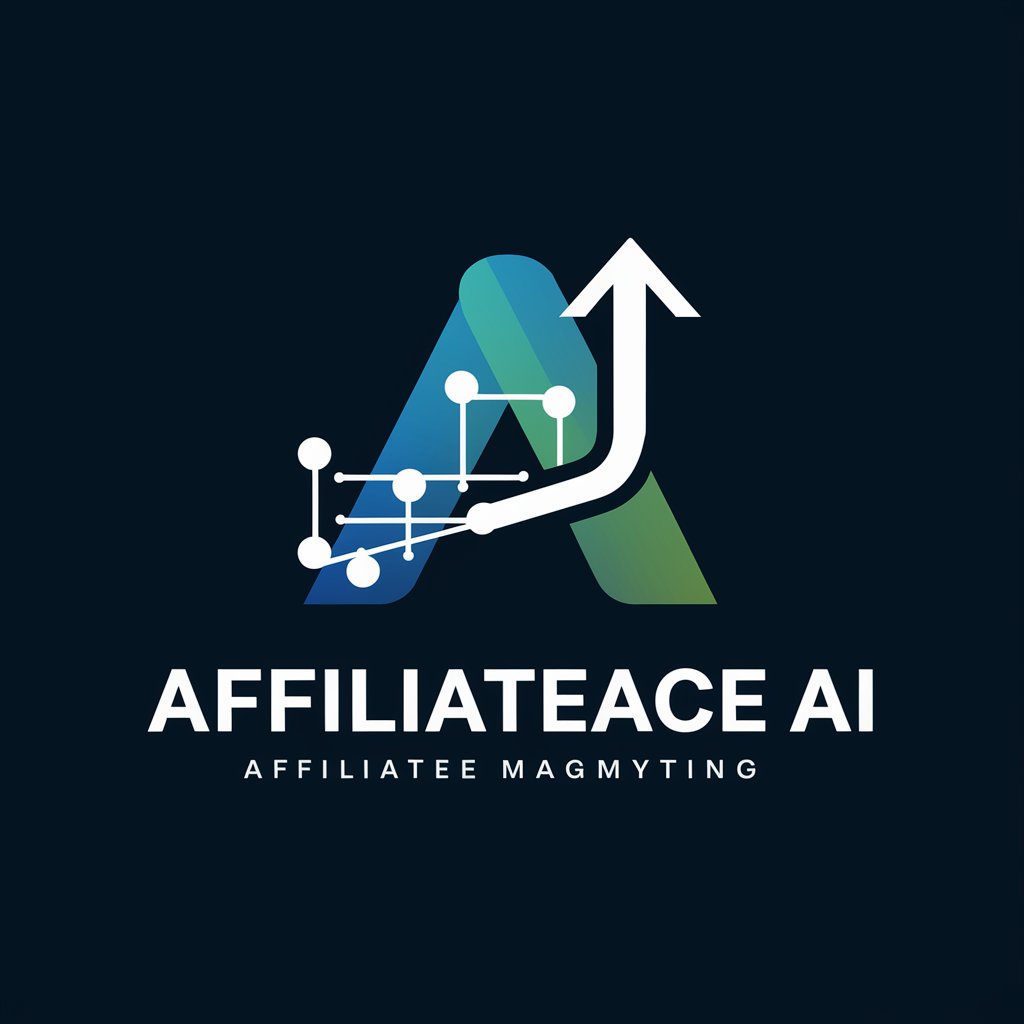
Legal Advisor ⚖️🏛️🧑💼
AI-Powered Legal Clarity

FREE Keto Macro Calculator App- Keto Chef GPT Meal
Personalize Your Keto Journey with AI

Mad Wife Whisperer
Light-hearted insights for happier couples.

潮汕机器人
Explore Chaozhou Culture with AI

Academia del Bricolaje
Empowering your DIY projects with AI

Birth Tick -Elapsed time since birth-
Visualize Life's Journey, Optimize Time
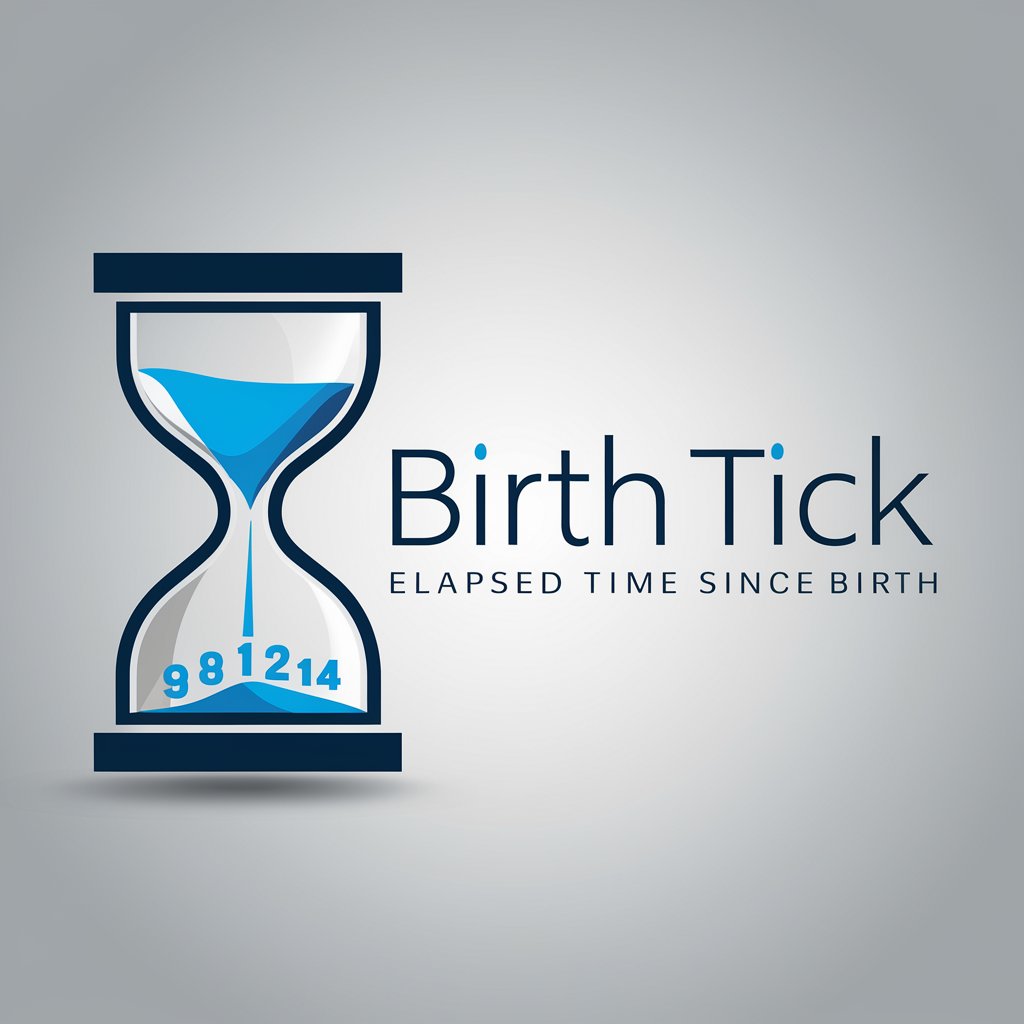
" Doctor Nutrition "
Tailoring Nutrition with AI Technology

Easy Voice Translator
AI-powered, real-time language translation

MixerBox ChatDrive
Streamline Your Cloud: AI-Powered File Management

Travelogue Creator
Bring Your Travel Stories to Life with AI

Frequently Asked Questions about Delphi Consensus Assistant
What is Delphi Consensus Assistant designed for?
Delphi Consensus Assistant is specifically designed to provide statistical data, risk assessments, and surgical recommendations based on the international Delphi consensus on the surgical treatment of brainstem cavernous malformations.
Can Delphi Consensus Assistant advise on non-surgical treatment options?
While primarily focused on surgical recommendations, Delphi Consensus Assistant may offer insights into the statistical outcomes of various treatments, including non-surgical, but its core functionality is centered around surgical intervention based on the Delphi consensus.
How accurate is the information provided by Delphi Consensus Assistant?
The information provided is based on the latest consensus and evidence-based practices within the medical community for brainstem cavernous malformations. However, individual case factors should always be considered in consultation with a medical professional.
Is Delphi Consensus Assistant useful for patient education?
Yes, it can serve as an invaluable resource for educating patients about their condition, potential risks, and treatment options, facilitating informed decision-making in collaboration with their healthcare provider.
How can I ensure I'm using Delphi Consensus Assistant effectively?
To maximize effectiveness, users should provide detailed, specific queries, be familiar with medical terminology related to their inquiry, and review the consensus guidelines to understand the context of the provided recommendations.
